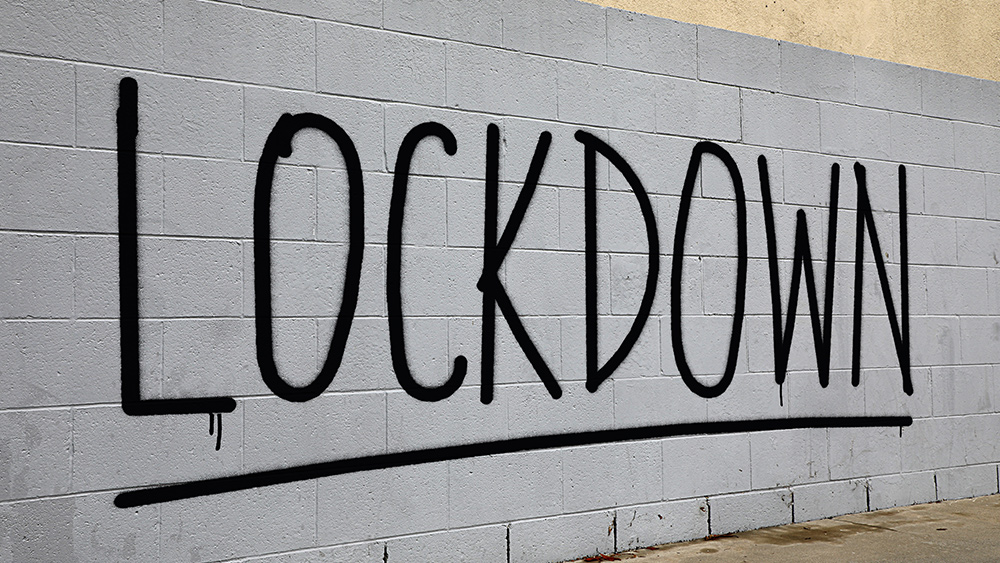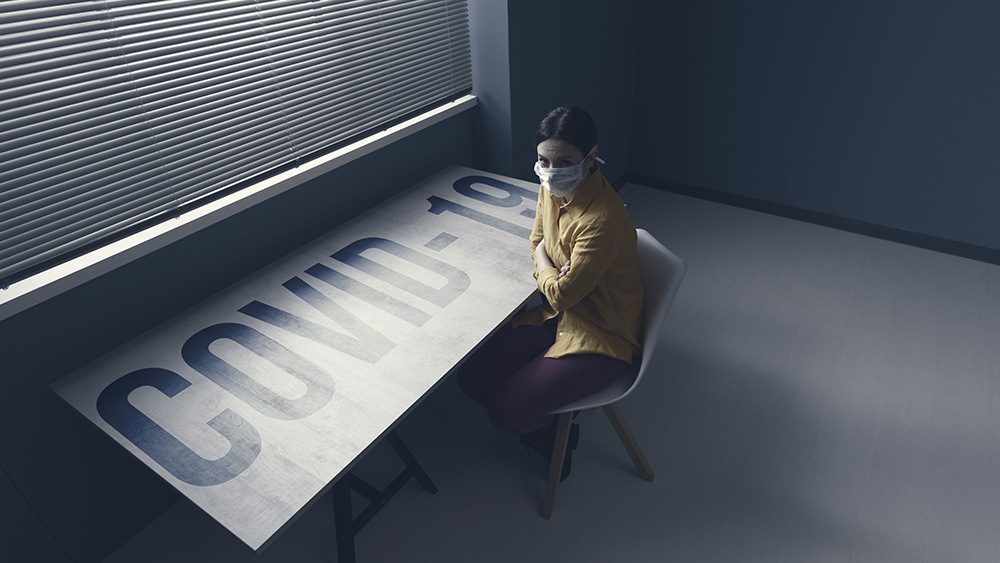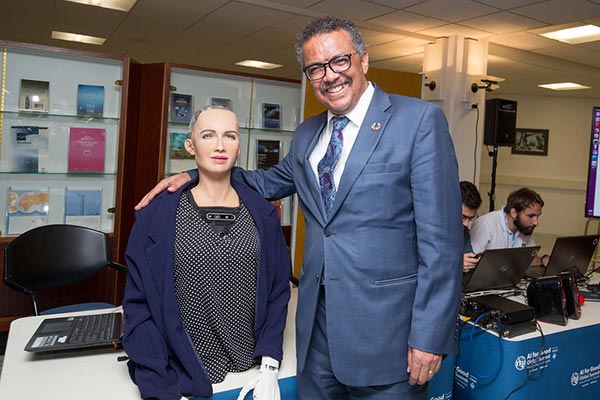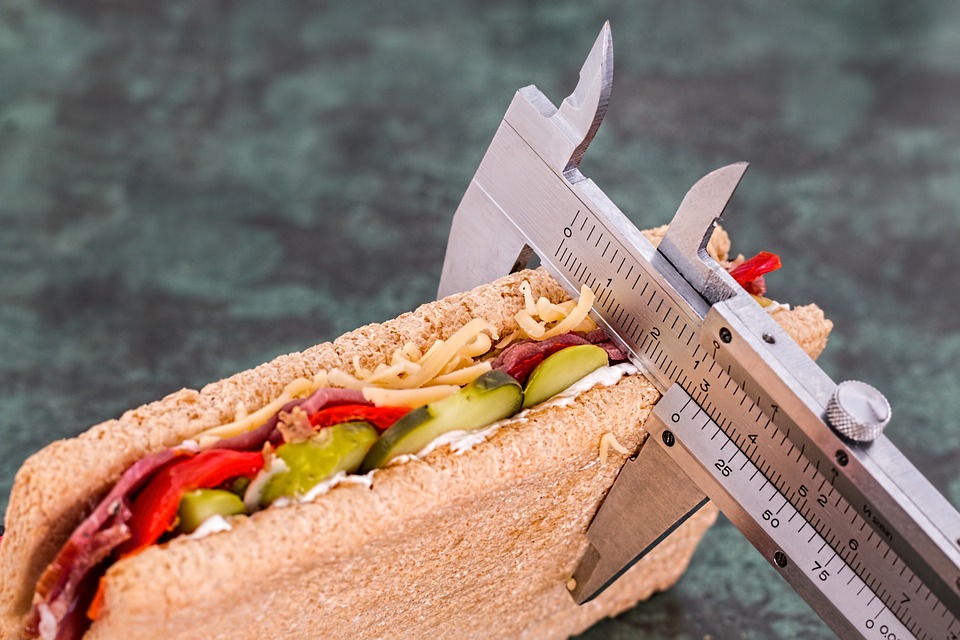India PM extends national lockdown to May 3
04/18/2020 / By Arsenio Toledo

Indian Prime Minister Narendra Modi has extended the country’s national coronavirus lockdown – considered to be the largest in the world – until May 3. The announcement, which was made on Tuesday, has been heavily criticized by millions of Indians, many of whom report being left without any support as their main sources of income have disappeared.
In his announcement, Modi noted that while extending the lockdown means paying a “big price” from an economic angle, the measure has long-term benefits for all. The lockdown, which began on March 25, was slated to end at midnight on Tuesday.
“But the lives of the people of India are far more valuable. From the experiences of the last few days it is clear that the path we have chosen is correct,” he added.
The World Health Organization has praised the country’s decision to extend the lockdown period, stating that it will go a long way to curbing the spread of the coronavirus.
India has 14,972 confirmed COVID-19 cases and 488 deaths, according to the latest tally from Johns Hopkins University on Saturday, but many experts believe that the real number of infections is probably much higher. The country is home to some of the most congested cities in the world such as Mumbai and Delhi, and health officials aren’t testing as many people as it should.
Millions struggle to cope as economy grounds to a halt
The extension also comes as many industries are starting to tackle how to kick start the country’s sputtering economy — in particular, by easing certain lockdown restrictions — in an effort to remain afloat despite the economic impact of the global pandemic.
The ongoing lockdown has also impacted most of the country’s population, who rely on daily wages to sustain themselves and their families. Due to the shuttering of transport services, people have been forced to walk hundreds of miles back to their home villages, with many recorded cases of people dying while on the journey. Other laborers have been stranded in cities, where cramped and unsanitary conditions increase their risk of being exposed to the coronavirus, possibly pushing the country’s already strained healthcare system to its breaking point. (Related: South Asia grapples with the coronavirus outbreak: India cracks down and Pakistan leaves patients in appalling conditions.)
To soften the impact of the lockdown, India unveiled on March 25 a $22.6 billion stimulus plan to help workers through cash transfers and a and help a significant chunk of the population that was food insecure. However, many economists and activists pointed out that a significant portion of the Indian population didn’t benefit from the program, with some sectors calling for greater relief to be provided.
Before the coronavirus pandemic, the Indian economy was already going through a terrible low period. Its growth had slowed down to around five percent, and analysts were predicting it could slump to 1.5 to two percent for the rest of the year, far below the level needed to give millions of people new jobs.
States will undergo “trial by fire” before they reopen
The prime minister explained that the lockdown follows the recommendations of his advisers. Some states – including Maharashtra, Tamil Nadu and Odisha – have already announced extensions to their own lockdowns. Maharashtra is home to Mumbai and has the highest number of cases in India.
Due, in part, to significant pushback from the private sector, Modi has agreed to “limited relaxations” on the country’s national lockdown policy, beginning on April 20, in an effort to help families who depend on daily wage earners to survive. The measure will apply to parts of the country that haven’t had any new cases.
“Every town, every police station area and every state will be examined on the basis of how strictly the lockdown is being followed there,” said Modi. However, he added that the severity of the lockdown will be increased in places that continue to report new cases.
Furthermore, Modi has warned that if new cases emerge in areas where lockdown restrictions have been partially rolled back, a total lockdown will be reimposed. An area is considered a coronavirus “hotspot” if it receives six or more new cases, lower than the global standard of 10 cases.
Lockdown restrictions will most likely be rolled back in states such as Uttarakhand, Odisha and Kerala, as well as other states in the country’s northeast – regions which have done a significantly better job in containing the spread of COVID-19.
Sources include:
Tagged Under: China, coronavirus, covid-19, Delhi, economic collapse, economy, Flu, government, India, infections, Kerala, lockdown, market crash, Mumbai, Narendra Modi, national lockdown, Odisha, outbreak, pandemic, quarantine, stocks, superbugs, total lockdown, Uttarakhand, virus, world government


















